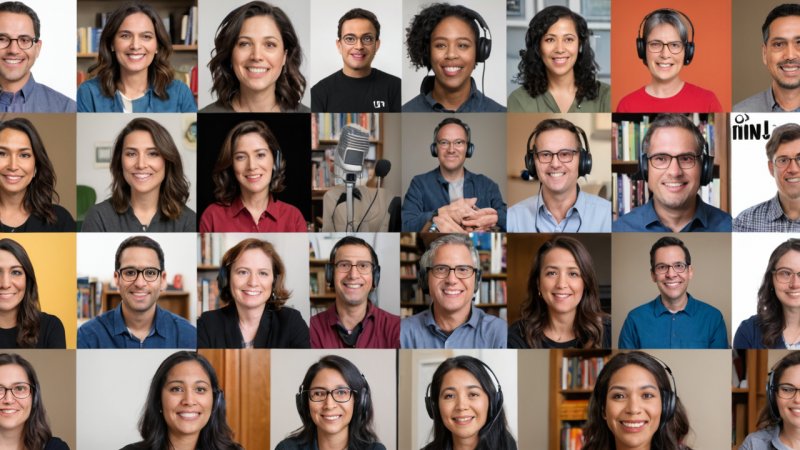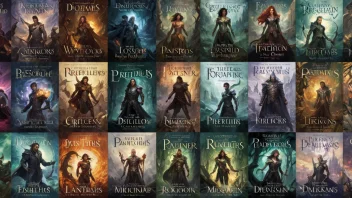1. The Power of Storytelling
Podcasting has transformed the way we experience stories, especially in the non-fiction genre. It allows listeners to connect with narratives in a deeply personal way, often through real-life experiences shared by the hosts or guests.
2. Accessibility of Information
Podcasts make non-fiction content accessible to a broader audience. Listeners can consume knowledge while multitasking, whether commuting, exercising, or doing household chores, which encourages lifelong learning.
3. Diverse Perspectives
One of the greatest advantages of podcasts is the diversity of voices. They provide platforms for marginalized communities and experts from various fields to share their insights, enriching the non-fiction landscape.
4. Engaging Formats
Podcasts often employ engaging formats, such as interviews, narrative storytelling, and roundtable discussions. This variety keeps the content fresh and interesting, making complex ideas more digestible.
5. Building Community
Podcasts often cultivate a sense of community among listeners. Many shows encourage audience interaction through social media, creating spaces for discussions that extend beyond the episodes themselves.
6. Educational Value
Many podcasts are designed to educate their audience on specific topics. From history to science, these shows often feature expert guests, ensuring that listeners receive credible and well-researched information.
7. The Role of Narrative Non-Fiction
Narrative non-fiction has found a natural home in podcasts. This genre marries storytelling with factual content, making it an effective way to engage audiences while imparting knowledge.
8. The Influence of Journalism
Journalistic podcasts often delve into current events and social issues, providing in-depth analysis and reporting. This approach has revived interest in long-form journalism, encouraging listeners to think critically about the news.
9. The Intersection of Technology and Literature
The rise of podcasting reflects the intersection of technology and literature. As digital media continues to evolve, so do the ways we consume and share stories, creating new opportunities for literary expression.
10. Future Trends in Podcasting
As podcasting continues to grow, expect to see trends such as increased collaboration between authors and podcasters, immersive audio experiences, and a focus on niche topics within non-fiction.
In Summary: The rise of podcasting has revolutionized the non-fiction landscape, making stories more accessible and engaging while fostering community and diverse perspectives. As technology continues to evolve, so too will the ways we share and experience non-fiction narratives.






